Telecoms
From telco data wars, to 5G, Techpoint Africa brings you the latest update on connectivity, telecom companies, Internet service providers, Internet infrastructure among others.
Top stories
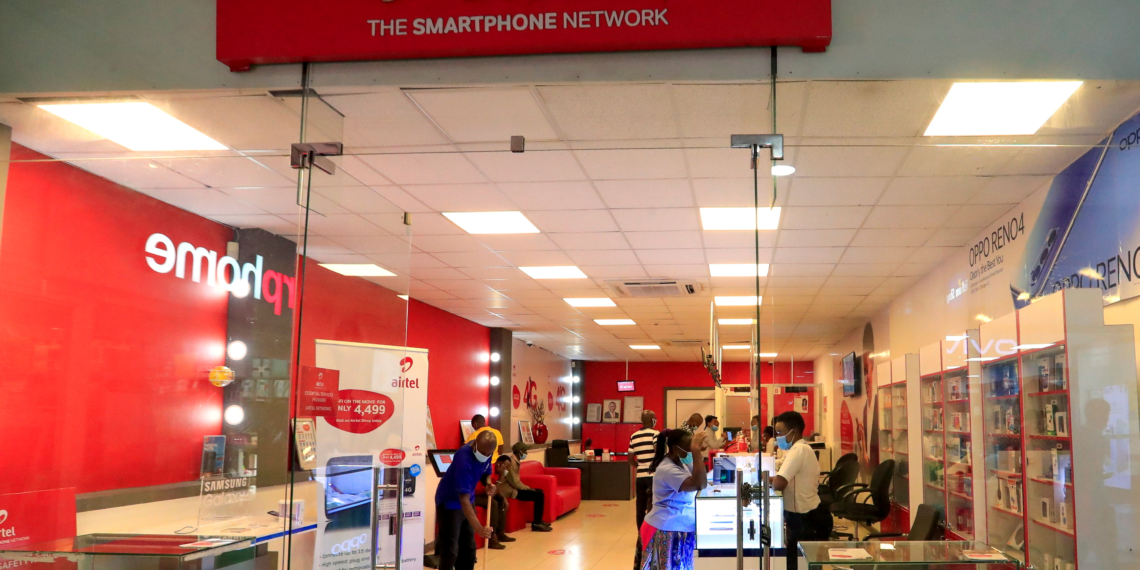
Over the next three years, Airtel Kenya plans to invest more than $150 million (KSh21.5 billion) to expand its network coverage.
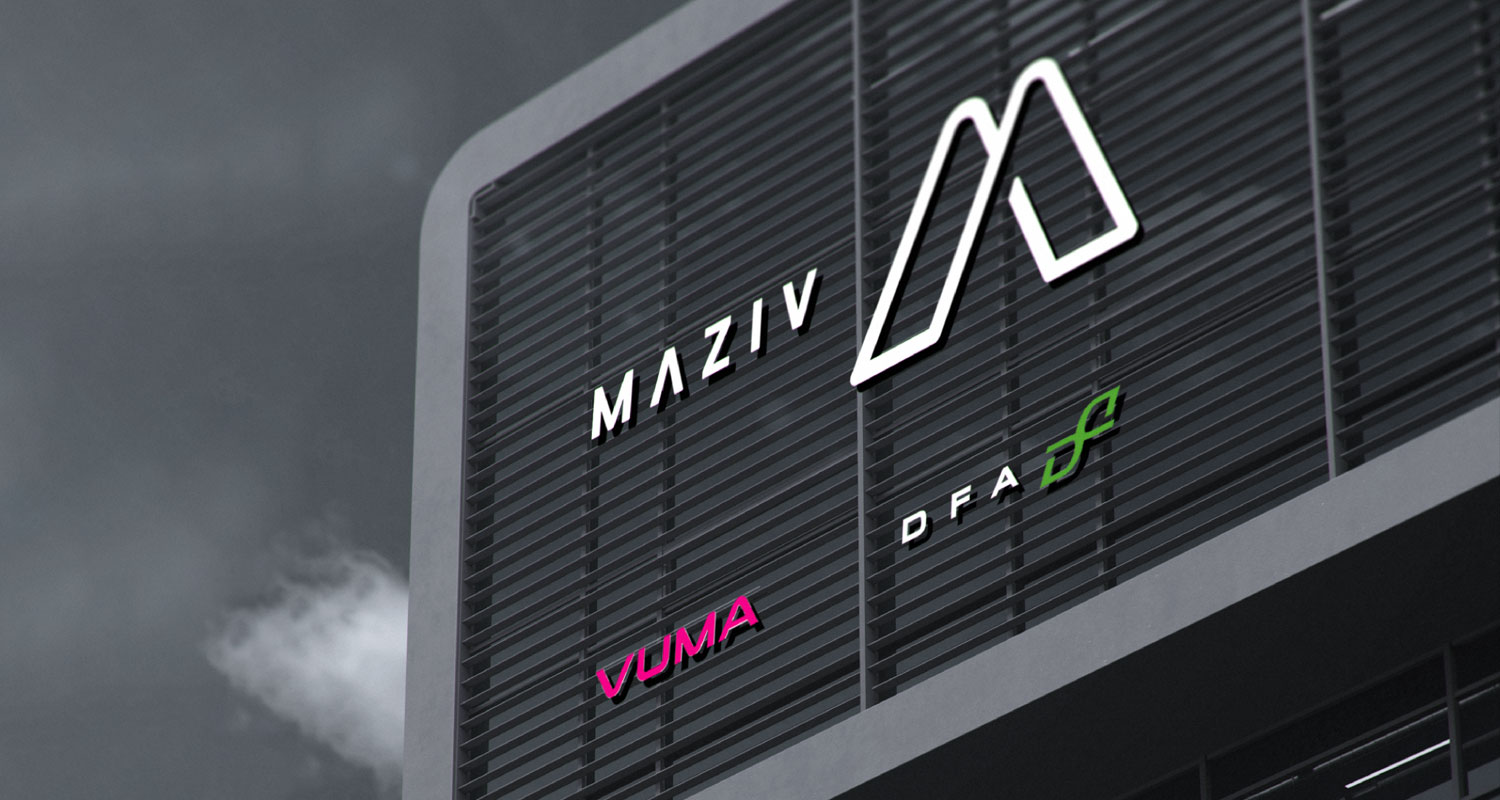
Community Investment Ventures Holdings (CIVH) and Maziv have reacted to the South African Competition Commission’s recommendation to block Vodacom from acquiring a strategic stake in Maziv.
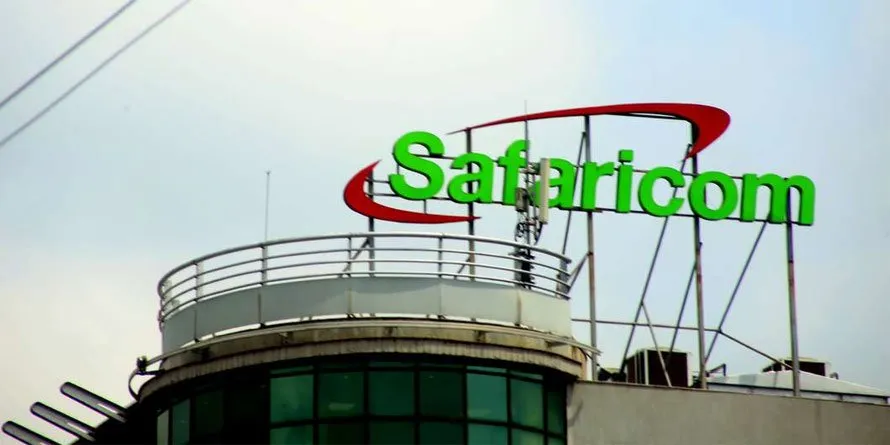
Safaricom Ethiopia will receive $257.4 million (KSh36.8 billion) in funding from the World Bank’s investment arms to increase mobile connectivity in the country.
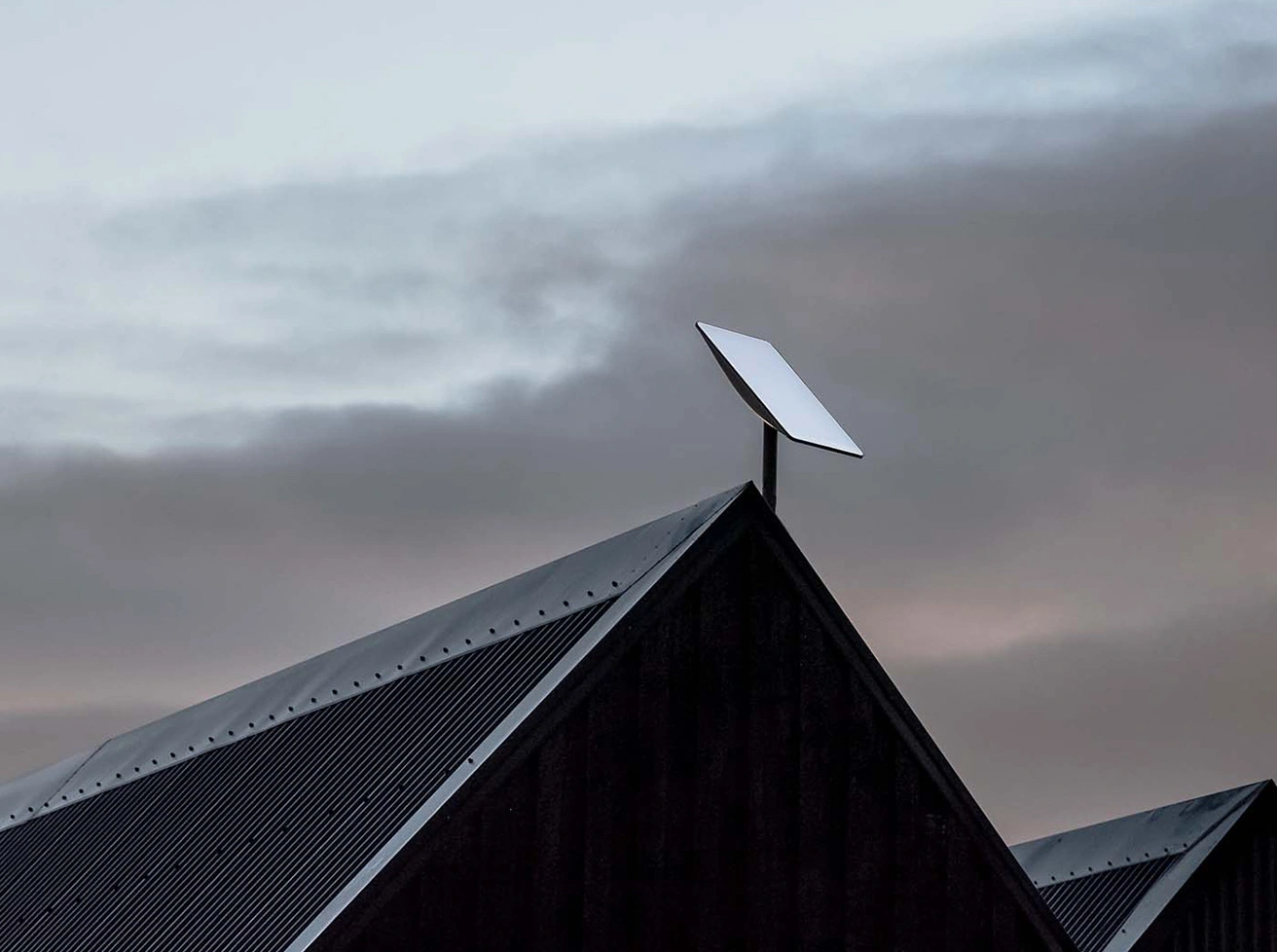
Six months after SpaceX announced plans to launch Starlink in Kenya, the satellite Internet service is now available. Also, the company has partnered with Karibu Connect to supply Starlink to rural Kenya.

Safaricom is partnering with AST SpaceMobile to launch a satellite Internet service to compete with Starlink in Kenya. AST enables smartphones to connect to a space-based broadband network.
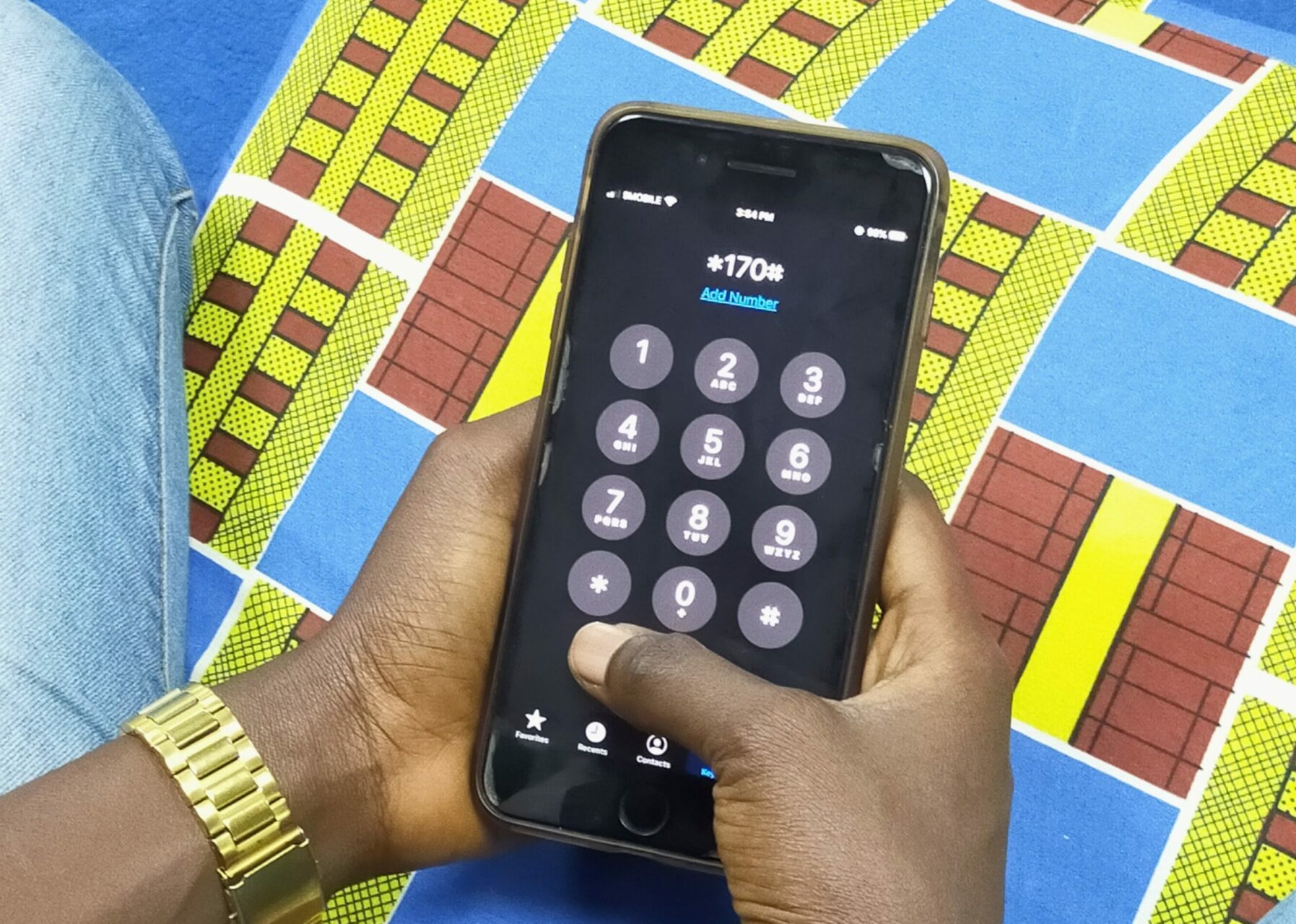
The unified USSD codes for network providers have come into effect today. Here are all the codes, the services they can be used for, and why the NCC wants a harmonised short code system.

Discover how global satellite provider, Eutelsat, is partnering with local startups like Tizeti to offer affordable satellite internet, in areas that actually need it. The best thing? It’s not alone.
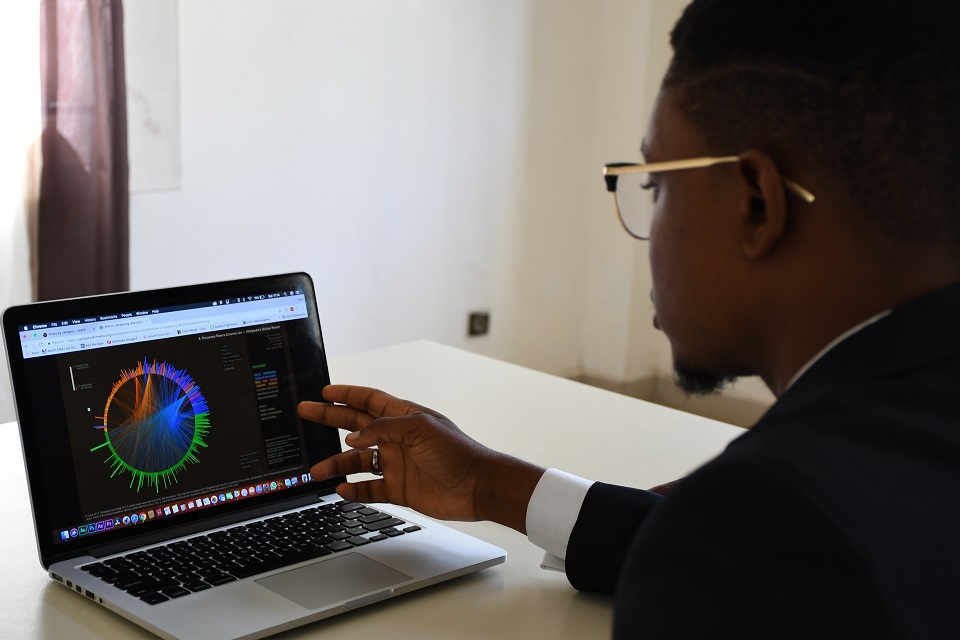
First, a satellite launch. Then a national fibre network. Now the Angolan government is building two massive data centres in its national cloud project. What should we expect?
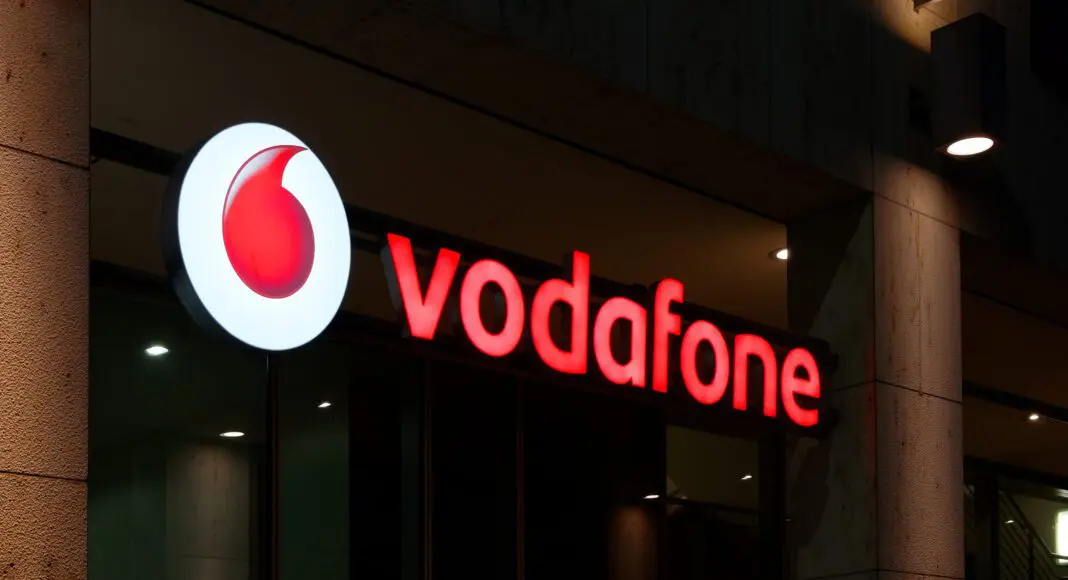
Telecel Group will be deepening its West African presence with the Vodafone Ghana acquisition, and it could be a significant moment for Ghana’s telecom space. Here’s why.
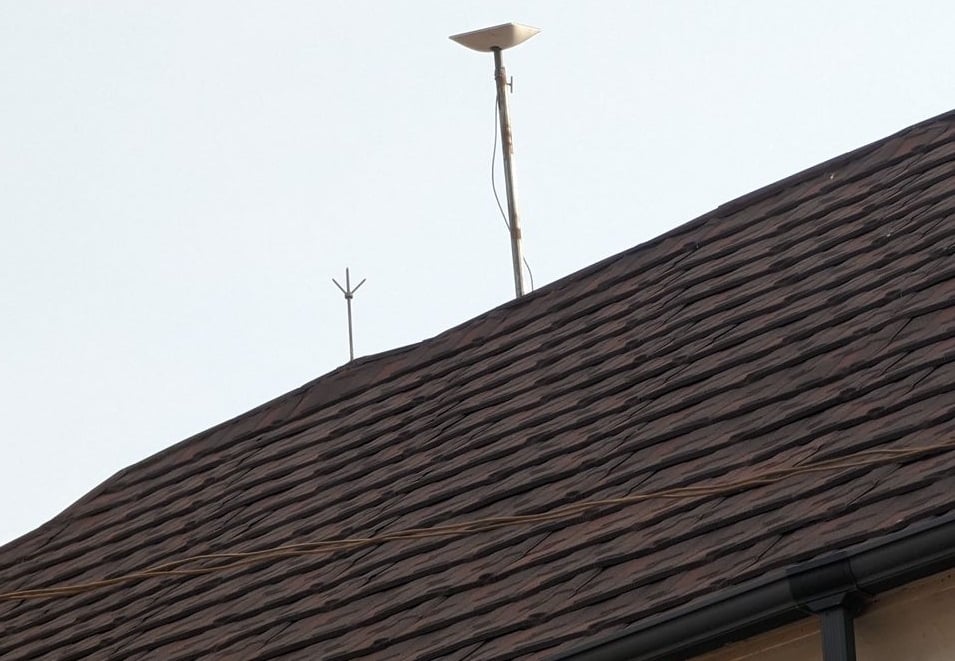
Nigeria’s ICT Minister and its President stated that Nigeria hit 100% broadband penetration following Starlink’s launch. But this article shows why that’s grossly misleading to anyone.

Starlink is the latest option when it comes to choosing an Internet service provider. While it is touted as a futuristic and fantastic way to connect to the Internet, is it better than what we already have in Nigeria? Let’s find out.
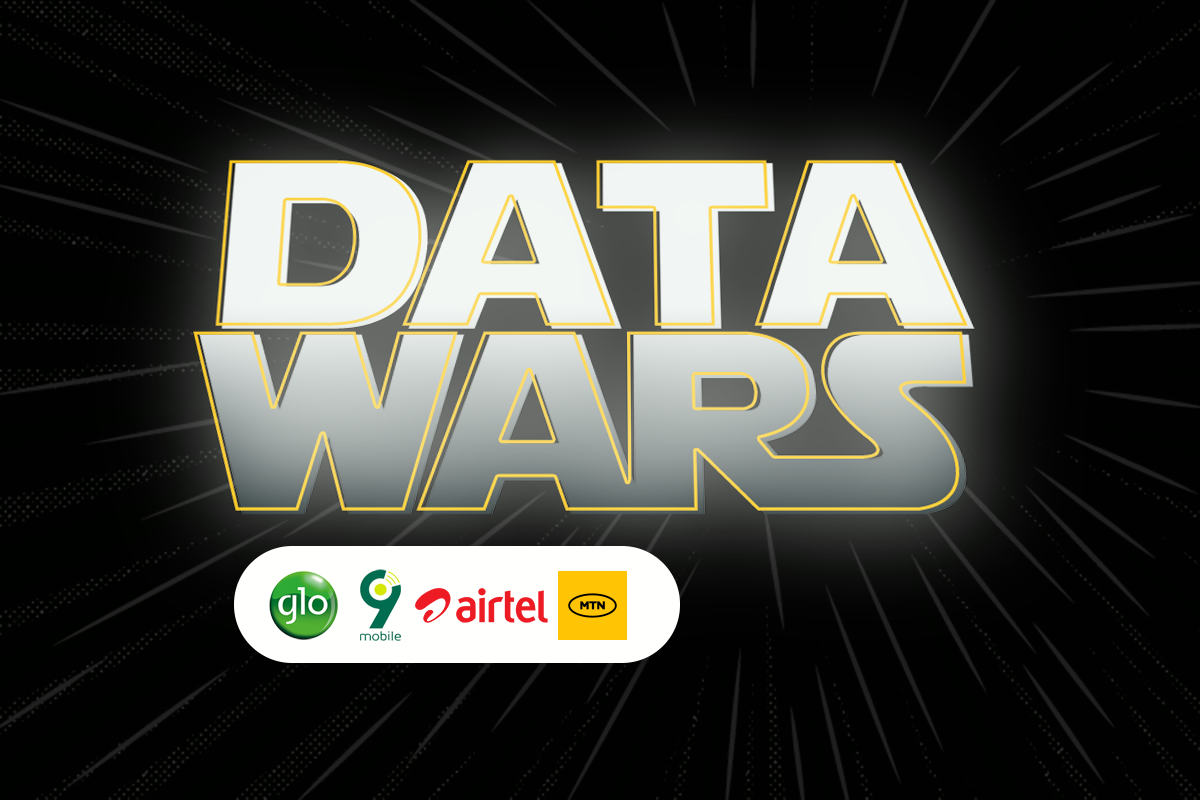
We dive deep into the data to see who is dominating Nigeria’s mobile Internet market, and how it affects you.
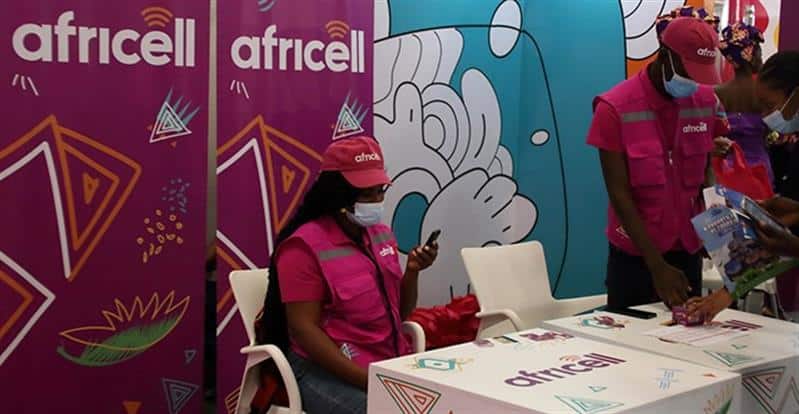
Africa-focused telecom services provider, Africell has received a licence to operate its mobile money service, Afrimoney, in Angola. This could bring much-needed excitement to Angola’s digital space after years of slow-paced growth.

Telecel Group has received approval from the National Communications Authority (NCA) to purchase Vodafone Group’s operations in Ghana. The acquisition will transfer Vodafone’s 70% stake in Ghana Telecommunications Co to Telecel.
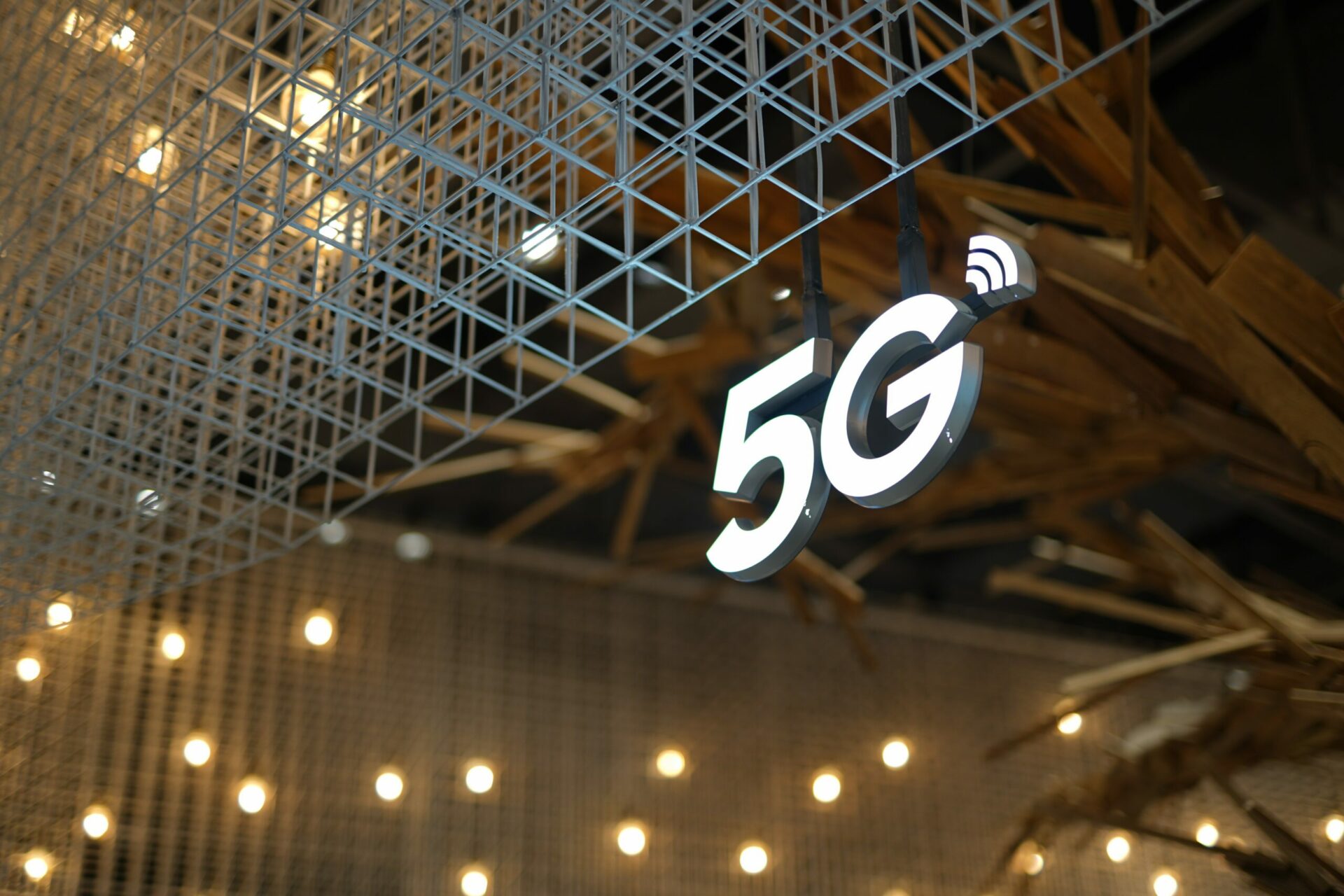
African countries might be issuing licences, and telcos might be marketing aggressively, but the data shows Africa only ticks one box for 5G readiness. We take a closer look at the numbers and insights from experts to determine if you should care about 5G in Africa.
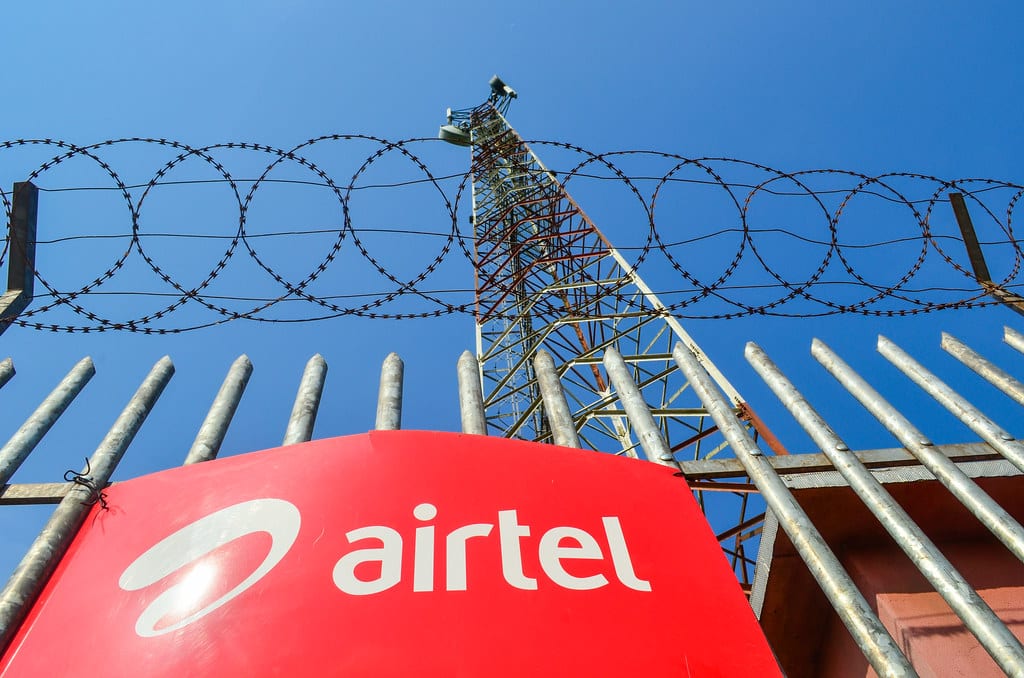
Airtel has acquired 5G and 4G spectrums for $316 million to support its plan to launch the 5G network and expand its existing 4G footprint in Nigeria. Airtel will now compete with licence holders, MTN, in the race to dominate Nigeria’s young and tough 5G market.

Equinix plans to invest $160m in its first African data centre in South Africa, targeting banks, content and media companies, and hyper-scalers. The move follows its acquisition of Nigeria’s MainOne and aims to tap into the growing internet-using population in Africa.

Nigeria’s telecoms companies can cash in on the CBN’s cash withdrawal limit, and it could open new revenue streams, partnerships, and products. Here are 6 ways they could aid and benefit from the move towards a cashless economy.

The new lowered prices will begin to apply on December 1, 2022, and will last for the next two years.

According to MTN Zambia CEO, the services cover approximately 65% of the population in Lusaka, Kitwe, and Ndola, as well as parts of Chingola, Solwezi, and Kalumbila.
